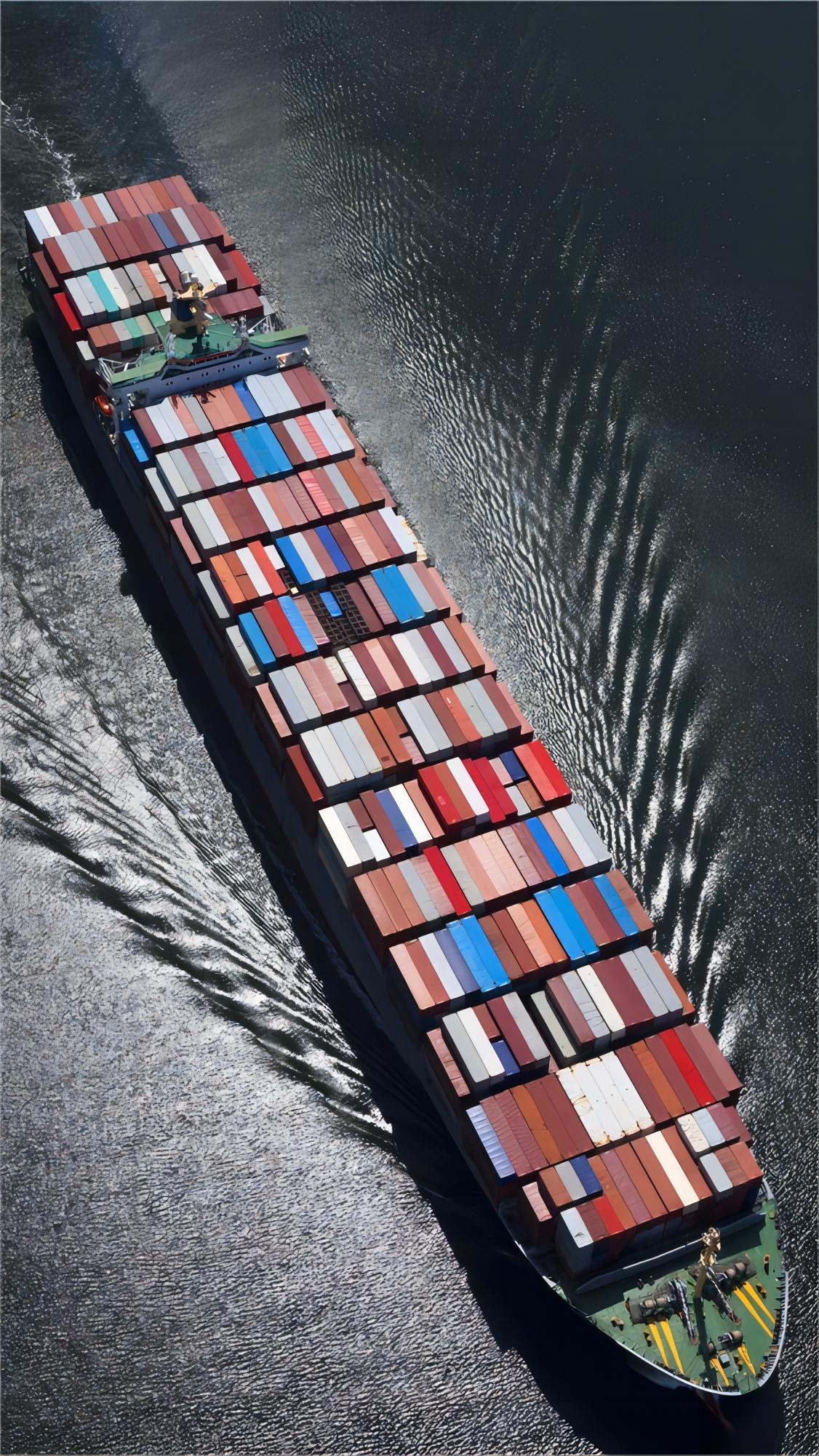How to Reduce Shipping Costs from China to Germany: Top Strategies & New Direct Routes

Reducing shipping costs from China to Germany requires strategic planning and leveraging innovative logistics solutions. With the launch of the Ningbo-Wilhelmshaven (26-day transit time) and advancements in rail and air freight, businesses can optimize expenses while maintaining speed and reliability. This guide addresses common cost concerns and highlights top methods to minimize expenses.
FAQs
Q1: What is the cheapest shipping method from China to Germany?
A:
- LCL (Less than Container Load) Ocean Freight: Ideal for small shipments, costs are lower than FCL (Full Container Load) when volume is low.
- Rail Freight: The China-Europe Railway Express offers competitive rates for bulk goods, with transit times of 13-18 days door-to-door.
- Volume Consolidation: Partnering with freight forwarders like TopChinaFreight can reduce costs by up to 30% through bulk shipping.
Q2: How can I achieve the fastest shipping from China to Germany?
A:
- Express Air Freight + Local Delivery: Combines air freight with UPS delivery in Germany for fast shipping from China to Germany in 8-10 days.
- Direct Ocean Routes: The Ningbo-Wilhelmshaven cuts sea transit time to 26 days, saving 12 days compared to traditional routes.
- Unmanned Vessels: Pilot projects could further reduce sea freight times by 20% in the future.
Q3: Which companies offer the best shipping solutions from China to Germany?
A:
- TopChinaFreight: Specializes in automated logistics solutions, integrating AI and IoT for seamless door-to-door delivery.
- Shipa Freight: Provides digital forwarding services with expertise in ocean and air freight regulations.
- Local Carriers: Partner with German logistics providers like Düsseldorf Port for end-to-end customs clearance and delivery.
Q4: How does door-to-door shipping work for large cargo from China to Germany?
A:
- End-to-End Automation: From warehouse packing to local delivery (e.g., Berlin, Munich), smart platforms integrate with local carriers.
- Cold-Chain Management: Automated systems ensure temperature-sensitive goods (e.g., pharmaceuticals) arrive intact.
- Real-Time Tracking: Customers receive instant updates and can track packages at every step.
Q5: What are the customs clearance requirements for shipping from China to Germany?
A:
- Documentation: Required documents include the Bill of Lading, Commercial Invoice, and Certificate of Origin.
- Duties & Taxes: VAT (19%) and customs duties apply based on the goods’ value and category.
- Freight Forwarder Assistance: Experts handle complex processes, ensuring compliance and reducing delays.
Conclusion:
Maximizing savings on shipping from China to Germany involves choosing the right mode of transport , leveraging volume discounts, and utilizing automated logistics platforms like TopChinaFreight. By adopting these strategies, businesses can optimize costs while maintaining efficiency and reliability.

